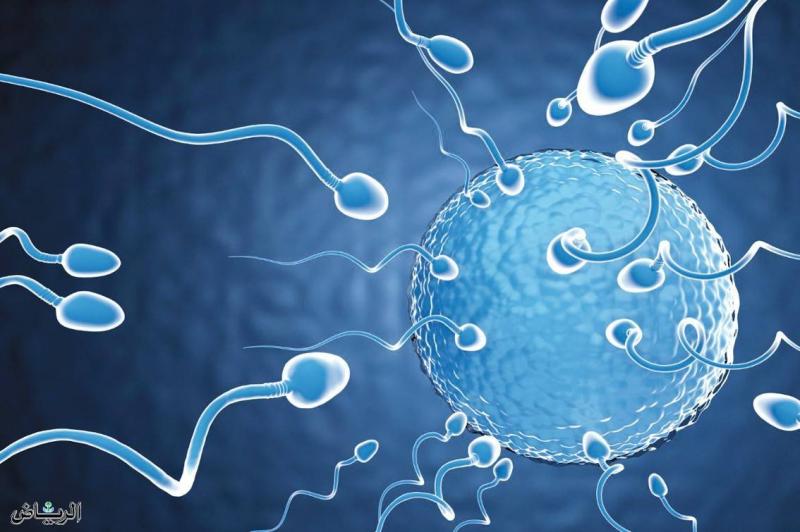American evolutionary biologist George Williams proposed a theory in 1957 suggesting that genetic mutations that increase an animal's fertility can also cause harm later in life. Over many generations, these mutations could create a burden that may ultimately lead to death. A new study published in Science Advances supports Williams' theory using a set of human DNA, where researchers found hundreds of mutations that can enhance youthful fertility, associated with physical damage later in life.
In the past, smaller studies have provided some support for Williams’ theory. In 2007, a team studying a small worm discovered a pair of mutations that extended the creature’s lifespan while reducing its average offspring. However, evolutionary biologist Jianzi Chang from the University of Michigan was not satisfied with these case studies, stating, "We do not know if there are many of these mutations across the entire genome."
Chang utilized the UK Biobank, a database containing genetic materials from half a million volunteers in Britain, along with information about their health and life experiences. The biobank allowed scientists to uncover precise connections between genetic differences and thousands of traits, such as high blood pressure, schizophrenia, and smoking habits. Working with Dr. Irving Long, a medical researcher at the Chinese Academy of Sciences, Dr. Chang studied the database for information on reproduction and longevity.
They found that genetic variations linked to fertility, such as the number of children a volunteer has, were also associated with shorter lifespans. Furthermore, the variants affecting reproduction were nearly five times more likely to impact longevity compared to non-reproductive variants. The findings indicated that fertility-related variants are likely detrimental to long life. The research team also found that volunteers with a high number of fertility-enhancing variants had slightly lower odds of surviving to the age of 76.
The notion that fertility variants shorten average lifespan may seem paradoxical, given how long people live nowadays. Aging expert Stephen Austad from the University of Alabama at Birmingham, who was not involved in the study, remarked that "discovering the impact of these variants despite increasing life expectancy makes the results even more remarkable." He added, "The pattern is so strong that it comes through these major changes in our life history in modern times."




